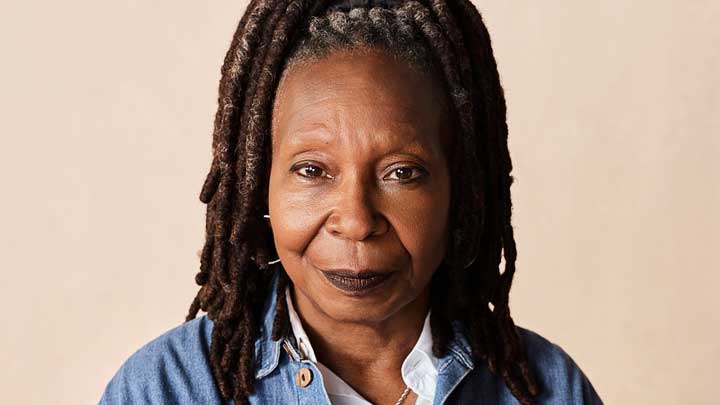
Discover how Whoopi Goldberg’s struggle with dyslexia became her superpower! An inspiring story every parent should read — unlocking resilience, creativity, and unstoppable success.
Whoopi Goldberg: Humor, Grit, and Iconic Impact
Whoopi Goldberg, the legendary entertainer, actress, and activist, stands as a beacon of resilience, creativity, and unapologetic individuality. This Personality Report of Whoopi Goldberg explores the extraordinary blend of humor, grit, empathy, and intelligence that has propelled her to lasting global influence, framed through the lens of Cattell’s 16 Personality Factors. Though Whoopi Goldberg has not been associated with chronic psychiatric conditions, she has openly discussed her struggles with Dyslexia, a learning disorder that profoundly shaped her early life experiences. As a child growing up in poverty and facing systemic discrimination, Goldberg encountered severe challenges in traditional educational systems, often being mislabeled and misunderstood. The frustrations and misunderstandings she endured because of her dyslexia could have broken a less resilient spirit. Instead, they fueled her unique worldview, sharpened her wit, and cultivated a fearless authenticity that would later become her trademark in the entertainment industry. Understanding the Whoopi Goldberg personality reveals a story not of limitation, but of liberation — an example of how early obstacles can lay the groundwork for unparalleled creative expression and emotional intelligence. Through her body of work and advocacy, Whoopi Goldberg has shattered stereotypes about intelligence, learning differences, and female leadership in Hollywood, illustrating that success is not defined by traditional standards but by one’s ability to transform adversity into power. Her journey stands as a testament to the idea that neurodiversity can foster remarkable innovation and resilience when nurtured with courage and authenticity.





